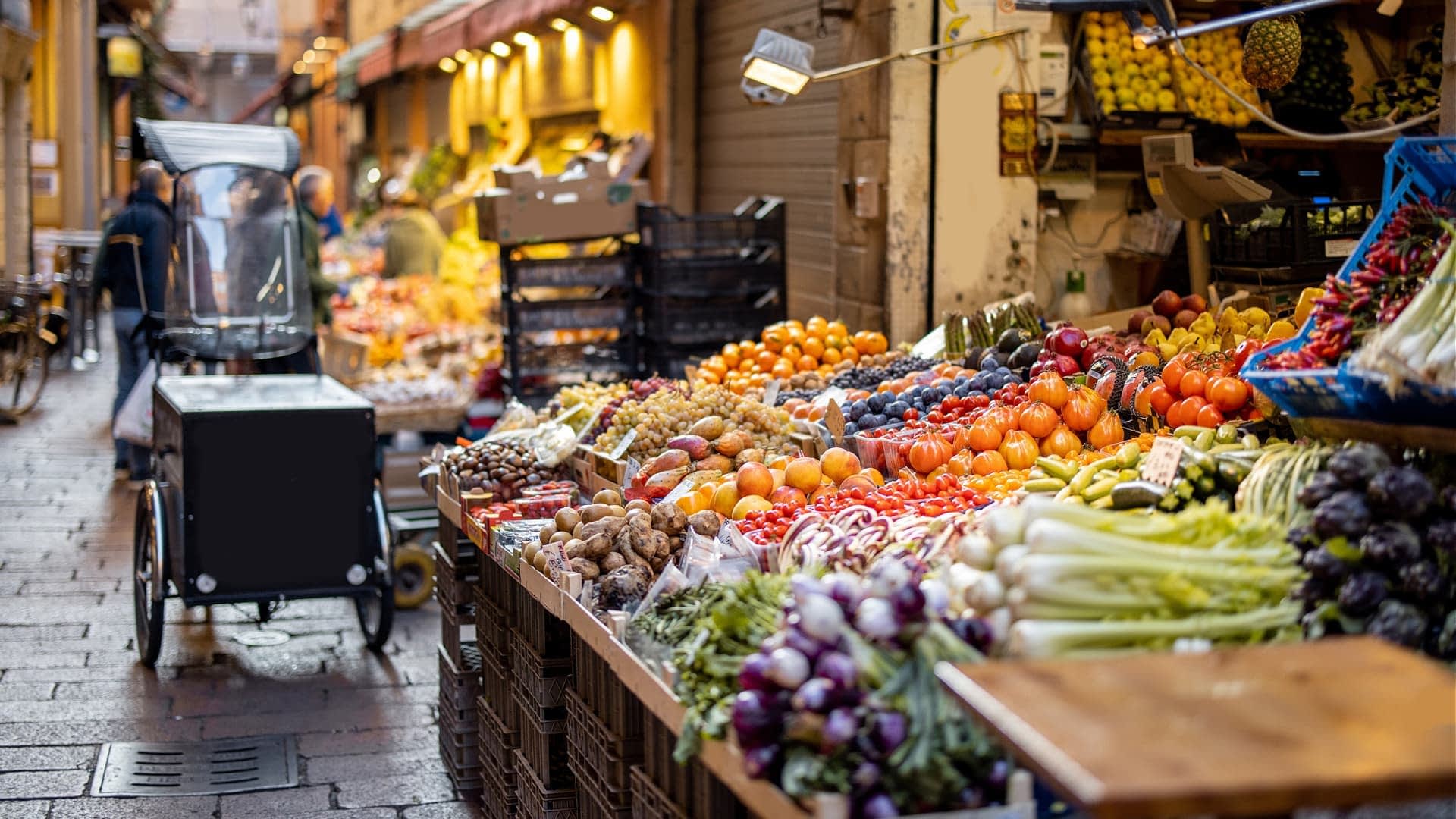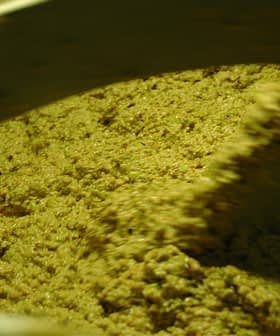Italians Have Changed Their Olive Oil Purchase Habits, Survey Finds

A recent survey found that nearly half of Italian households have not changed their purchasing habits despite high extra virgin olive oil prices, while slightly over half have reduced their food spending. The survey also revealed that 17 percent of families have reduced their extra virgin olive oil consumption, with 23 percent buying the product less frequently, and that many consumers prioritize price-quality ratios and discounts in their food spending habits.
According to a recent survey, nearly one-half of Italian households, 48 percent, reported that high extra virgin olive oil prices had not altered their purchasing or consumption habits. At the same time, slightly more than half said they had curbed their food spending.
Conducted by NielsenIQ and the Italian Institute of Services for the Agricultural and Food Market (Ismea), the survey also revealed that 17 percent of families have reduced their extra virgin olive oil consumption, with an additional 23 percent buying the product less frequently than before.
The survey sampled 3,000 households deemed representative of Italy’s 25.7 million families and found that 11 percent of respondents now opt for less expensive, lower-quality alternatives to extra virgin olive oil.
See Also:US Surpasses Spain as Second-Largest Olive Oil ConsumerGiven the impact of inflation on families’ budgets and the effect of reduced production on extra virgin olive oil prices, Ismea noted that Italian families are approaching grocery shopping much more carefully than before.
Ninety percent of respondents prioritize the price-quality ratio in their food spending habits, with 82 percent constantly seeking special offers and discounts.
According to official estimates, olive oil prices rose by 44 percent in Italy from 2022 to 2023. This significantly outpaced the perceived average increase of 10.6 percent in overall food prices.
“When looking at extra virgin olive oils, pasta, fruits and vegetables, consumption is considered not reducible, even in the presence of significant price increases,” Ismea wrote.
The survey also found that 47 percent of families prefer to purchase extra virgin olive oil and other food products produced in Italy.
Ismea further noted the significant role of Protected Designation of Origin (PDO) and Protected Geographical Indication (PGI) certifications in shaping consumer purchase decisions for extra virgin olive oil.
Protected Designation of Origin and Protected Geographical Indication
Protected Designation of Origin (PDO) and Protected Geographical Indication (PGI) are European Union certifications that recognize the product’s area of origin, which has endowed it with certain unique qualities. PDOs are applied to products from small geographic areas and require every step of production to take place in the area. PGIs are applied to wider regions. Both are protected from fraud and imitation in the E.U. and certain other countries via trade agreements.
Fourteen percent of households consider the presence of PDO or PGI certifications on extra virgin olive oil labels crucial, which is much higher than for any other food product, except for wine, which sits at 18 percent.
While the sector is working to engage customers and add value to the direct sales of extra virgin olive oil from olive mills and producers, 66 percent of consumers said they buy their food products from large retailers, an eight-percent decrease compared to 2022.
The impact of costlier groceries extends across various sectors, with nearly one in four families citing dining out less at restaurants as a primary or secondary cost-saving measure.
Looking at the households’ shopping cart, 62 percent of the families perceived that organic product prices rose more than conventional food prices. Seventy percent said they would buy non-organic products to maximize savings.
According to Ismea, trends for 2024 show signs of recovery for food sales, as food inflation in February cooled to 3.8 percent from 5.8 percent reported in January. However, there is uncertainty regarding whether olive oil prices at origin will fall.
The European Union statistics agency, Eurostat, recently noted that European olive oil prices continued to grow rapidly throughout 2023, reaching a 50 percent increase in January 2024 compared to January 2023.
“In January 2024, all the E.U. countries reported an increase in the annual inflation for olive oil,” Eurostat reported. The steepest increases were reported in Portugal (69 percent), Greece (67 percent) and Spain (63 percent), with Italy at 45 percent.
Price and quality are not the only variables affecting consumer decision-making. Overall, olive oil consumption in Italy has been following a steadily decreasing trend in recent years.
According to the International Olive Council (IOC) estimates, Italians consumed 478,000 tons of olive oils in the 2022/23 crop year, with 415,000 expected for 2023/2024.
Looking at the recent past, Italians consumed 660,000 tons of olive oils in 2010/2011, 598,100 five years later and 421,000 in 2020/2021.
The sharp decline occurred before the staggering price increases of the last two years, primarily due to the impact of the Mediterranean megadrought on production.







